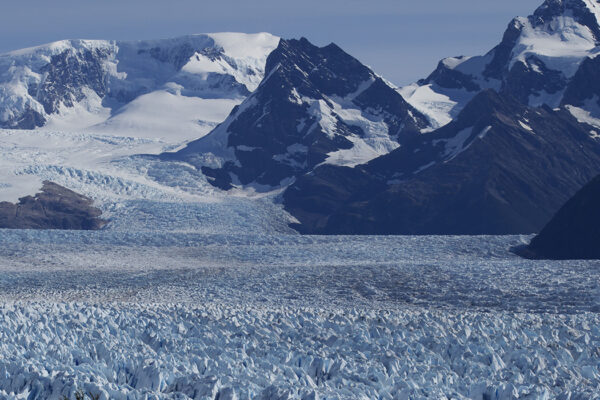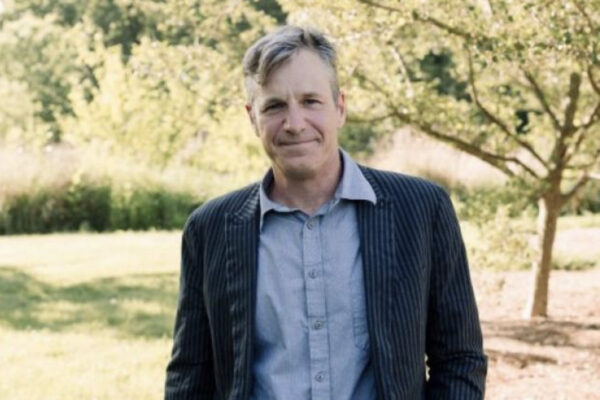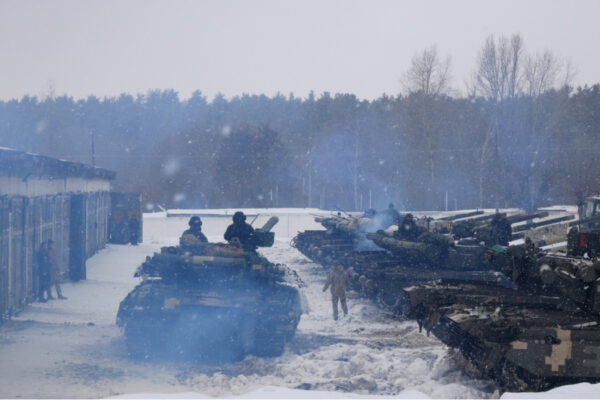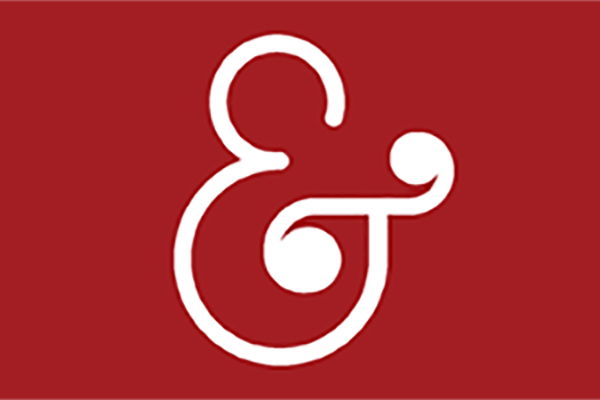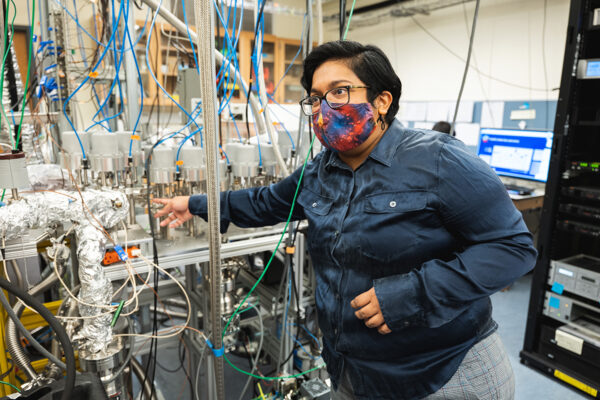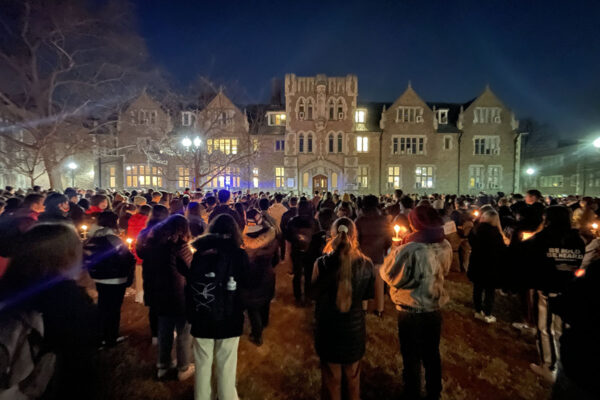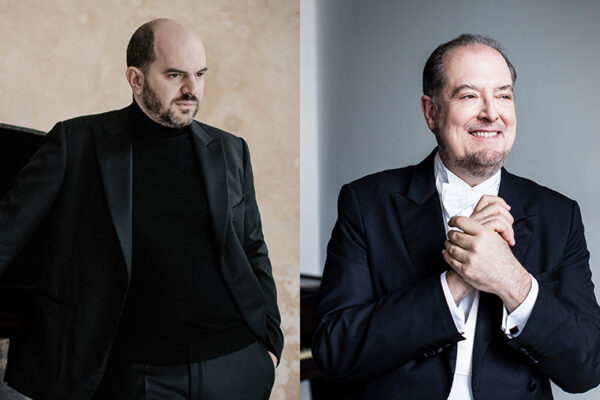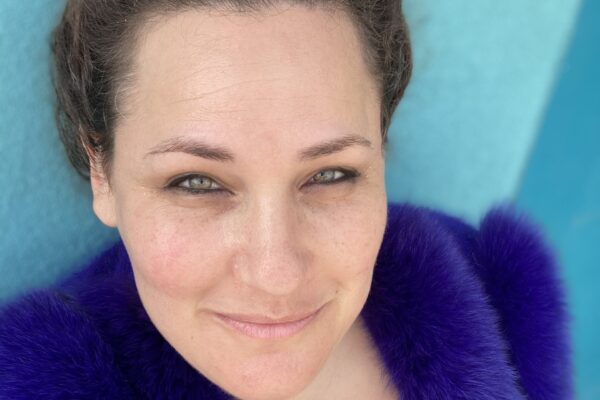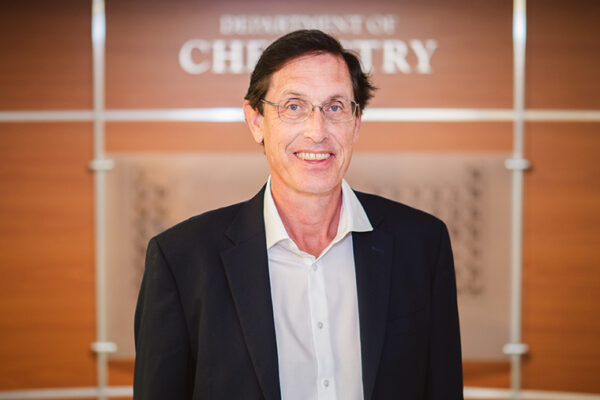Seismic study reveals key reason why Patagonia is rising as glaciers melt
Douglas Wiens in Arts & Sciences led one of the first seismic studies of the Patagonian Andes, where glaciers are melting at some of the fastest rates on the planet. The team discovered and described a key link between ice mass loss, uplift and a gap between tectonic plates.
Craver wins National Science Foundation grant
Carl F. Craver, a professor of philosophy and of philosophy-neuroscience-psychology in Arts & Sciences, has won a grant of $282,603 from the National Science Foundation for research on time and episodic memory.
Putin is using ‘victim’ narrative to justify Ukraine attack
James Wertsch, an expert on Russia and international affairs, analyzes Vladimir Putin’s motivation in attacking Ukraine. He says that Putin sees Russia’s mission as aiming to triumph over democracy and encourage the rise of Christian fascism everywhere.
Mondal wins NSF grants
Mathematician Debashis Mondal in Arts & Sciences received two grants from the National Science Foundation for research on high-dimensional data and on Markov random fields.
Parai wins CAREER grant to study geochemistry of the deep Earth
Rita Parai, assistant professor of earth and planetary sciences in Arts & Sciences, will use a National Science Foundation CAREER award to leverage new techniques to measure heavy noble gases in ocean island basalts from the Azores archipelago.
Campus grieves death of Arts & Sciences student Orli Sheffey, 19
Orli Sheffey, a sophomore at Washington University in St. Louis, died by suicide Friday, Feb. 11, 2022. She was 19. A talented student, tenacious journalist and caring friend, Sheffey changed the lives of many members of the Washington University community.
Valdez to help promote diversity in health research
Ryan Valdez, a graduate student working with Petra Levin in Arts & Sciences, won a $105,033 grant from the National Institutes of Health (NIH) to promote diversity in health-related research.
Kirill Gerstein and Garrick Ohlsson Feb. 27
Garrick Ohlsson is a “marvel of virtuosity” (New York Review of Books). Kirill Gerstein is “one of today’s smartest musical thinkers” (Limelight.) On Feb. 27, these renowned pianists will join forces for a special one-night-only performance at Washington University in St. Louis.
Tending our grief
Alumna Merissa Nathan Gerson has written a heartfelt roadmap to help us navigate the tumultuous, uneven, often unacknowledged terrain of death and loss.
Ponder to study protein-ion binding
Chemist Jay Ponder, in Arts & Sciences, received a $152,775 supplemental award from the National Institutes of Health (NIH) for protein-ion binding research.
View More Stories
